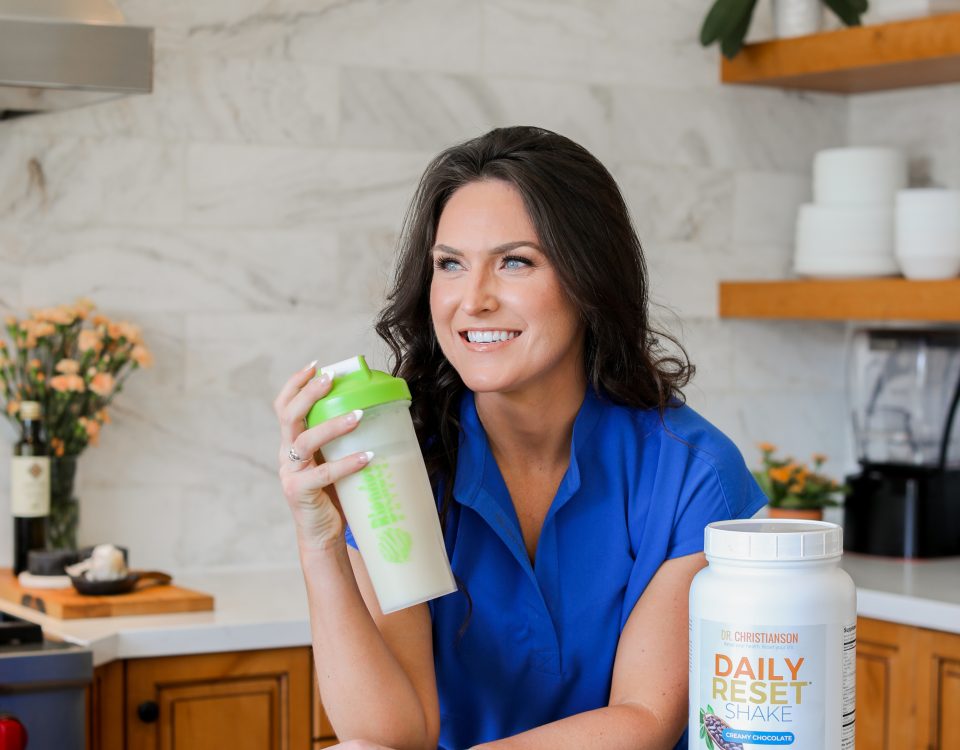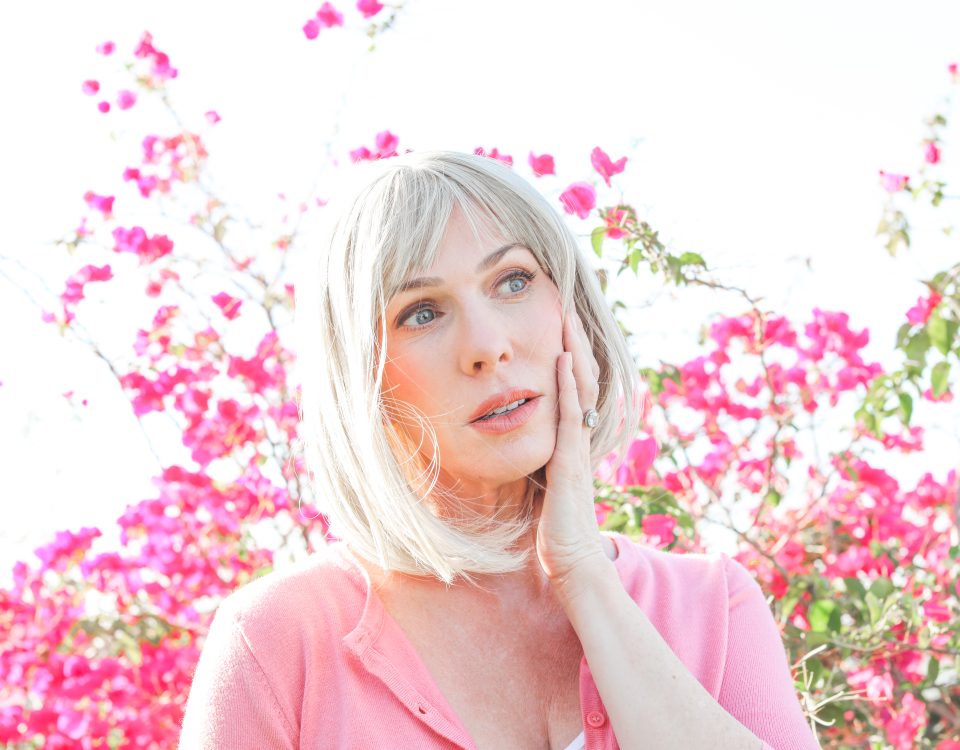There are some important supplements for you or someone you know that is suffering from Hashimoto’s. There are two perspectives on this matter. First, you want to make sure you’re getting what you need. Secondly stay you want to stay away from things that will work against you and set you back; don’t use supplements that are not going to useful to your body. Supplements are good, your body metabolizes them. However, taking 30 supplements that may be of little benefit is putting a strain on your system. Together, we will discuss a plan for the best supplements and natural treatment diet for Hashimoto’s.
- Have any questions?
- 480-631-7837
- support@in-goodhealth.com
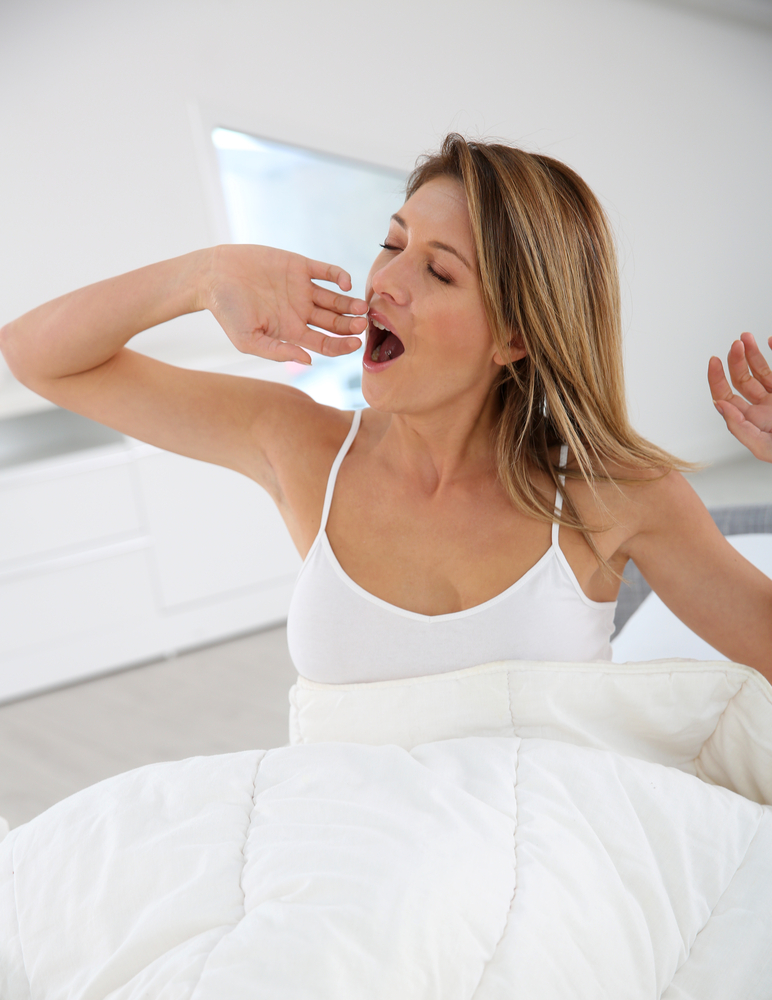
Causes of Adrenal Fatigue and How You Can Defeat It
June 12, 2023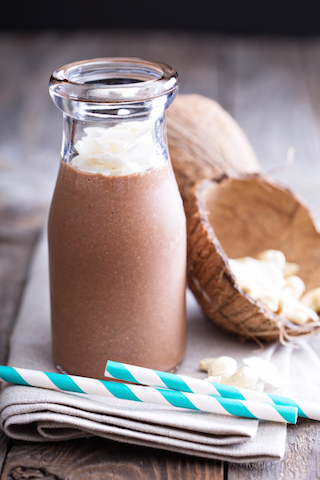
Healthy ‘Sixlet’ Smoothie
June 15, 2023
Causes of Adrenal Fatigue and How You Can Defeat It
June 12, 2023
Healthy ‘Sixlet’ Smoothie
June 15, 2023Home > Hormone Reset > The Best Supplements for Hashimotos, Natural Treatment Diet and Nutrition
The Best Supplements for Hashimotos, Natural Treatment Diet and Nutrition
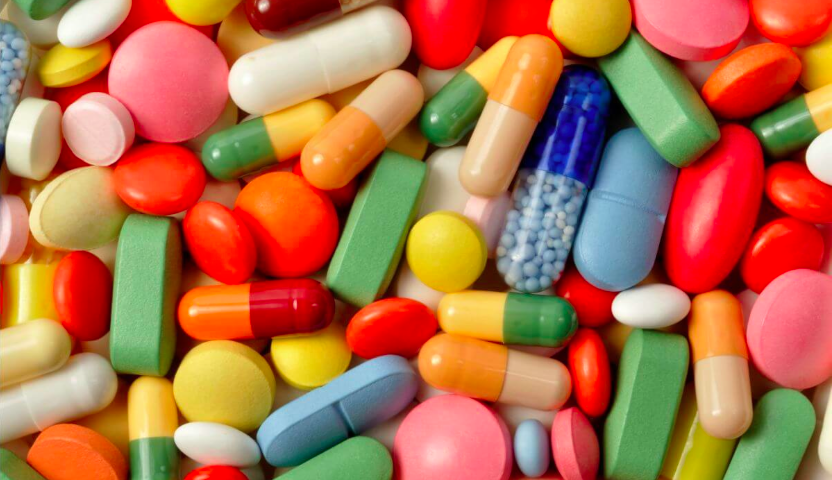
Let’s start with Vitamin A
This vitamin will assist you with getting a good blend of carotenoids. Beta-carotene is the one you hear about the most; your body makes it into active Vitamin A. The key is that you want a blend. There are many other carotenoids found in whole foods, and better versions of Vitamin A that contain a mixture of carotene. I love palm fruit as a source, because it has a nice spectrum of carotenoids, and also very bio-available, easy for the body to convert and activate. Later on, in our plan, we will discuss B Vitamins and their differences.
You can benefit from Vitamin C
It’s great for your body. Just a reminder, use it in moderation. Did you know that there has been more data indicating that antioxidants are important to have, but too much is counterproductive? The reasoning behind this is you will take away from your body’s own antioxidants, things like superoxide, dismutase or glutathione. They will become weakened in your system, if you use an excess of any one isolated antioxidant. It’s important that you get at least 1,500 milligrams of Vitamin C, otherwise it will become counter-productive at some point.
Vitamin D – This is a big one
The most common forms are liquids, sublingual, and drops. Sometimes droppers are difficult to measure. That’s the reason I recommend you take it in capsule form. This will allow you to know exactly how much of a dosage you are consuming. Be sure to take the capsule with food. It is critical that you get the recommended dosage. Once vitamin D is in your body, then think about calcium; how to include calcium. Vitamin D allows you to absorb calcium which can be good and bad. The good part is, if it’s the right type and you’re using it properly, you get stronger bones. The bad part is, if it’s not the right type of calcium or if your body’s not using it well, it’s going to make plaque. The plaque will be in the blood vessels. Which then can cause joint calcification, kidney stones, or gallstones. All of these complications occur when lack of calcium absorption has gone badly.
The main types of calcium that are important are the ones that are found in plants.
They dissolve really easily in water. My favorite is one called dicalcium malate. Dicalcium malate is great at calcifying, so it will not clog up your arteries. It’s also clean and free of lead. A lot of calcium is derived from oyster shells or from bones, like the Microcrystalline Hydroxyapatite (bone dried calcium). A calcium I advise to stay away from is bone broths in collagen and gelatin, because bone tissue always has lead in it. You want clean calcium that’s more from plants.
Magnesium
Deciding how much to use is always the first question to answer. In the past most of the guidelines about quantities for calcium magnesium were based upon types that were very badly absorbed. People had to take mega doses, because they weren’t absorbing much of it. I’m a fan of just a couple hundred milligrams, or slightly less, and more equal ratios. I prefer types of magnesium that are from plants, well absorbed, and not full of lead. Make sure you take the correct dose, otherwise it will actually become counter-productive for you.
Let’s talk about B Vitamins
They’re all critical to your health. First is folic acid. You want folate, specifically methyl folate. Always avoid synthetic folic acid. When you have thyroid disease, there’s a gene defect that makes folic acid poison. Folic acid raises the risk of colorectal cancer for those whose genes can give them thyroid disease. You want to avoid it completely. All you need is a milligram per day, which is 1,000 micrograms. The amount is different in units. You don’t need a mega dose of it. Too much is counter-productive. This dosage will help your body with its methylation pathways. In conjunction you want some B12 and methyl B12 is a preferred form. It absorbs orally. You can take a pill of it and get a significant amount of it will go into your bloodstream.
Another big hitter is biotin.
We all know biotin is for hair, skin, and nails right? The correct dosage you want is 3,000 micrograms of biotin daily. A little bit more is okay, but you don’t want more than about 500 micrograms per dose, because your body actually blocks the usage of biotin when you get too much of it. I see many people that take mega doses of biotin hoping that it will help their hair, and it doesn’t help. When you use too much it hurts the hair. So the secret is a good amount of biotin is enough to keep your hair skin and nails healthy and growing.
B6 is important and common.
It’s also known as Pyridoxine Hydrochloride and Pyridoxal-5-Phosphate, they’re both good forms of it. Thiamine’s critical as well. There has been more data recently about that being a benefit for the antibodies of Hashimoto’s and also the hormone conversion. Pantothenic acid or pantothenate is good to have in a few milligrams to benefit your cortisol levels and cortisol conversion.
Vitamin K
Vitamin K helps make calcium “behave”; you really need Vitamin K2. MK-7 is like the Vitamin K that we make in our intestinal tract. It allows us to really take calcium and direct it to the bones and away from the blood vessels. It’s also important for the blood to clot properly, not too fast, or not too slow. K2 is a really good thing to have to help your body function at its optimal rate.
A few more fun ingredients that are important are trace minerals.
There’s a lot of importance to many of these ultra-trace minerals and trace minerals. With thyroid disease, selenium’s is essential for your overall health regimen. Selenium is difficult to absorb. Currently there is still a debate about how well selenium enters the bloodstream from supplements. Most of the data is on selenium glycinate complexes. It is selenium bound up with a carrier protein called glycine. It is easy to absorb, no big toxicity issues, very effective. You also want to get a few more exotic ones: vanadium, molybdenum, boron, manganese, all critical for building and utilizing thyroid hormones.
Important bioflavonoids are hesperidin, quercetin.
They do a really job with connective tissues. Which is great for getting hair healthy, skin and nails. Some people are prone to varicose veins, hemorrhoids, easy bruising, and those are all caused by the strength of the connective tissues. I recommend a few milligrams to round out supplementation. We need essential fats like EPA and DHA. They are critical to control inflammation, keep the brain functioning well, and help the body repair joints and cartilage.
Remember, when you have thyroid disease and on thyroid treatment, you’re getting a lot of iodine in it.
The amounts above that would be found in supplements, so let’s leave out the extra Iodine in our diet. It actually blocks the effects of your thyroid. You might have heard about, when we had the tragic Fukushima disaster in Japan. The people were told to take potassium iodide. Here’s why: when you take a high dose of iodine like that, it shuts off your thyroid. If you were exposed to radioactive iodine, it would go in your thyroid. Your thyroid would shut off for about 2 or 3 weeks, and in the case of a tragedy, a disaster, sometimes that’s useful. However, you don’t want to shut off your thyroid every day. You want it working for you daily, and that’s why it’s better to avoid all the extra iodine.
In conclusion, the supplements I mentioned are all you need! I see so many people that end up being overwhelmed, on 20, 30 pills and combinations of things. It’s time to stop listening to “take this pill here, take that pill there, away from food, and twice on Tuesdays.” The reason being, it’s confusing, it strains your body, hurts the liver, and can throw off the bio-flora. Start using my plan developed just for you. Never miss what you need and want again! Remember to stay focused and keep it simple. We are in this together! Let’s fight Thyroid Disease and knock it out for good!

P.S. Whenever you are ready, here is how I can help you now:
- Schedule a Thyroid Second Opinion with me, Dr. C, Click Here for Details
- Need help to choose supplements? Click ‘Help Me Decide Here'
- Get my top books Here
Dr. Alan Glen Christianson (Dr. C) is a Naturopathic Endocrinologist and the author of The NY Times bestselling Hormone Healing Cookbook, The Metabolism Reset Diet, and The Thyroid Reset Diet.
Dr. C’s gift for figuring out what works has helped hundreds of thousands reverse thyroid disease, heal their adrenals, and lose weight naturally. Learn more about the surprising story that started his quest.



